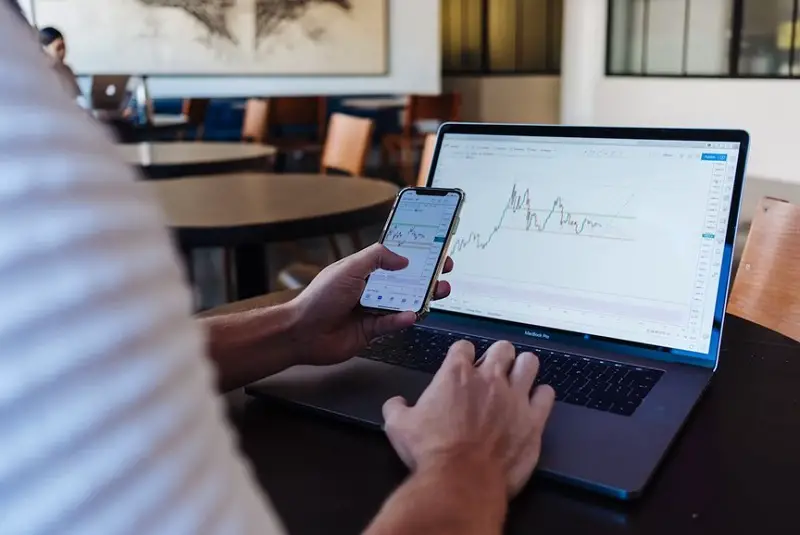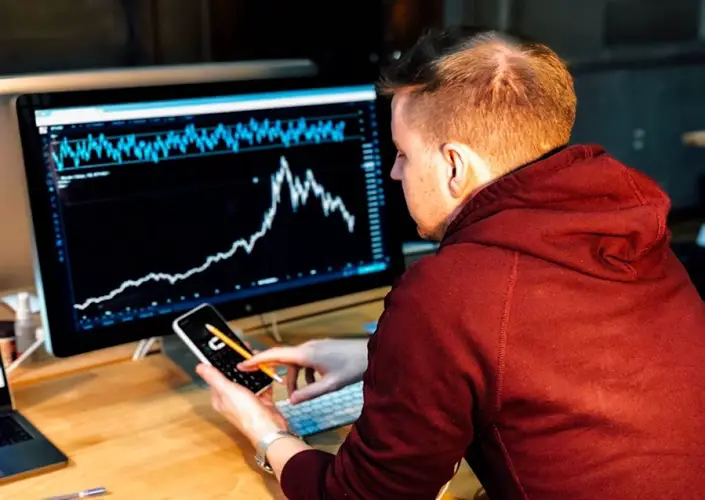In the world of trading, your broker is your primary partner. They provide the platform, tools, and services that allow you to make trades, and their efficiency can significantly impact your trading experience and profitability. Therefore, choosing the right broker is crucial. Here are seven things you should check before starting trading with a broker.
1. Regulation and Security
First and foremost, ensure that your broker is regulated by a reputable financial authority. This is non-negotiable, as it ensures transparency and security for your investment. Regulatory bodies such as the Financial Conduct Authority (FCA) in the UK, the Australian Securities and Investments Commission (ASIC), and the US Securities and Exchange Commission (SEC) are renowned for their strict standards and rigorous oversight.
A broker under such regulation must adhere to a range of rules designed to protect consumers, including maintaining segregated accounts to keep client funds separate from company funds. Check the broker’s website or the regulator’s site to confirm this information.
2. Trading Costs
Trading costs can quickly eat into your profits, so it’s vital to understand what you’ll be paying. These costs usually come in the form of spreads (the difference between the bid and ask price) and commissions per trade. Some brokers might also charge fees for account inactivity, overnight positions, or withdrawals. Reliable brokers provide clear and accessible information about their fees, but you can also read reviews on Trusted Broker Reviews to confirm that.
Make sure you read the fine print and understand the cost structure before signing up. The best brokers are transparent about their fees and will have them clearly listed.
3. Trade Execution
The speed and reliability of trade execution can make a significant difference to your potential profits. In fast-moving markets, a delay of just a few seconds can result in a different price than what you expected. Good brokers have robust systems in place to execute trades quickly and at the best possible prices. Look for reviews or forum discussions about a broker’s trade execution performance before making your decision.
4. Platform and Tools
Your trading platform is your gateway to the markets, so it needs to be user-friendly, stable, and reliable. It should also offer a range of tools for technical and fundamental analysis, including charting software, real-time news feeds, and economic calendars.
Many brokers offer third-party platforms like MetaTrader 4 or 5, which are highly regarded for their advanced features and functionality. However, some brokers have developed their own proprietary platforms that may offer unique features. Test out the platform with a demo account if possible.
5. Customer Service
Good customer service can be a lifesaver, especially when something goes wrong. You want a broker who can provide prompt and effective assistance when you need it. This includes not only technical support but also help in understanding the platform’s features or clarifying trading conditions. Check whether the broker offers multiple channels for support (like email, phone, and live chat), their response times, and if they provide service in your language.

6. Account Types
Different traders have different needs, so a good broker will offer a variety of account types. For example, beginners might benefit from mini or micro accounts that allow trading with smaller amounts. More experienced traders might prefer standard or VIP accounts with more features and better trading conditions.
Some brokers also offer Islamic accounts for those who wish to comply with the Sharia law of no interest being paid or received. Demo accounts are also useful for those who are just starting out as they allow you to test the features of the platform. Check the minimum deposit requirements, the leverage offered, and other specifications for each account type.
7. Educational Resources
If you’re new to trading, educational resources can be invaluable. These might include articles, tutorials, e-books, and even one-on-one coaching. Some brokers also offer practical webinars for stronger support to their clients. These resources can help you understand the basics of trading, develop strategies, and stay updated on market trends.
In conclusion, choosing a broker is a personal decision that should be based on your individual needs as a trader. Always do your due diligence and research before deciding on a broker. Remember, your broker will be your partner in the trading journey, so choose wisely.

